Flexible PVC partitions are used to divide work areas and separate rooms. It can replace conventional partitions. PVC plastic with soft and flexible properties helps limit risks caused by breakage, save maintenance costs, and save labor costs. The effect of preventing temperature loss and preventing insects is still very good.
1. What is flexible PVC partition?
Similar to glass walls, walls, panel walls, etc., flexible PVC partitions are a type of partition. However, it is made from a soft, flexible material with good elasticity… which is flexible PVC plastic.
Large PVC plastic rolls of various thicknesses are cut to arbitrary sizes, then they are braced onto reinforced iron posts built at the location where the partition is needed.
Flexible PVC partitions are commonly used in factories, warehouses, factories,…
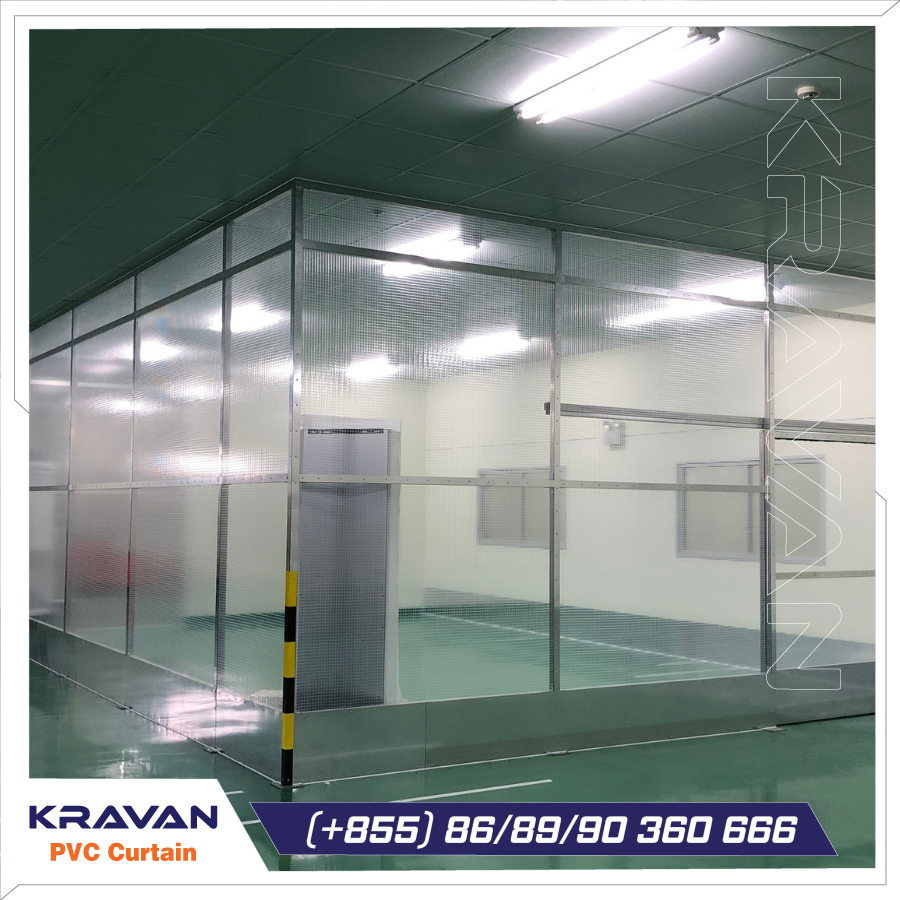
2. Uses of flexible PVC partitions
2.1 Divide areas and make separate rooms
Use flexible PVC as partitions, divide areas, and create separate rooms similar to other types of partitions. However, this type of wall is elastic and not sturdy.
2.2 Prevent temperature loss, prevent insects and dust
Flexible PVC partitions create separate areas that can be air-conditioned. Flexible PVC helps prevent temperature loss, low heat transfer rate, and prevents insects and dirt from outside from penetrating inside.
2.3 Waterproof
Waterproof flexible PVC plastic, flexible PVC plastic partitions prevent splashing water, commonly used in seafood processing areas, paint rooms, car wash garages,…
2.4 Soundproofing
Flexible PVC partitions are airtight, soundproof, heat-insulating, and noise-reducing. They can be used to prevent the noise of machinery in manufacturing plants.
3. Advantage
3.1 No need to worry about risks when a collision occurs
Unlike glass partitions, walls, etc., when an accident occurs, it will break into small pieces, causing harm to workers and falling into products. Flexible PVC plastic is large in size and seamless. When there is an accident, flexible PVC will only tear, not break into pieces. Completely safe for your plant.
Flexible PVC also has good elasticity and impact resistance.
3.2 Clear vision, easy to observe
Transparent flexible PVC, clear vision, easy to observe production activities inside
3.3 Save regular maintenance costs
Because you don’t have to worry about the risk of a collision, flexible PVC partitions help you save on regular maintenance costs. Your workers don’t need to check it as often as glass walls.
3.4 Easy to dismantle, relocate and repair
Flexible PVC is light in weight, not damaged during dismantling or relocation, and does not affect the factory’s existing structure.
3.5 High durability
Under normal temperature conditions, PVC plastic has a durability of up to 5-7 years
4. Types of flexible PVC used to make flexible PVC partitions and their uses
4.1 Transparent PVC
Large PVC roll, transparent white, wide range of thicknesses. This is the most commonly used type of PVC, with the lowest price.
4.2 Patterned PVC
Large, white, PVC plastic roll with patterns on the plastic surface. This type of PVC is used to make flexible PVC partitions in areas where aesthetics are needed.
4.3 Antistatic PVC
Use a type such as special PVC, which has anti-static properties on plastic surfaces and prevents dust. It is required to be used in electronic component factories in anti-static environments.
4.4 Reinforced PVC
Flexible PVC type combined with polyester fibers, increasing durability and bearing capacity of flexible PVC partitions
See more detailed information about PVC rolls
5. Types of flexible PVC partitions
5.1 Fixed
Fixed, firmly in one position.
5.2 Mobile
Combined with wheels, capable of flexible movement
5.3 Overhead
Combined with underground corrugated iron partitions, flexible PVC partitions are installed from a height of about 2 meters from the ground to the ceiling.

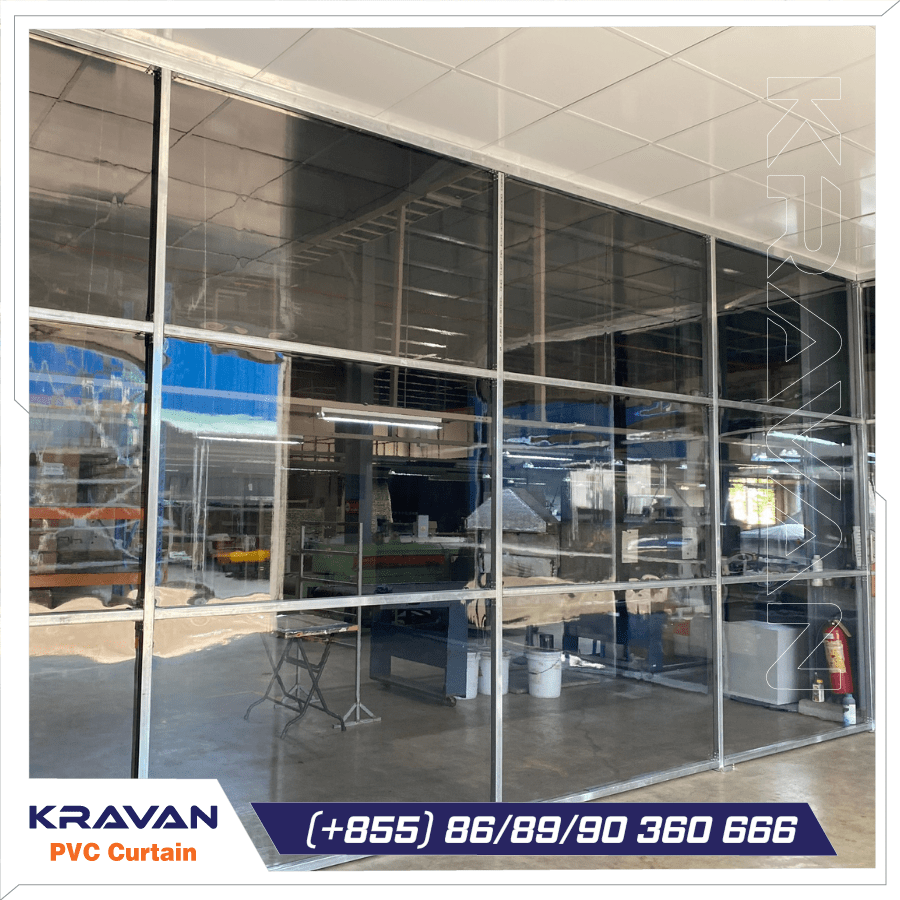
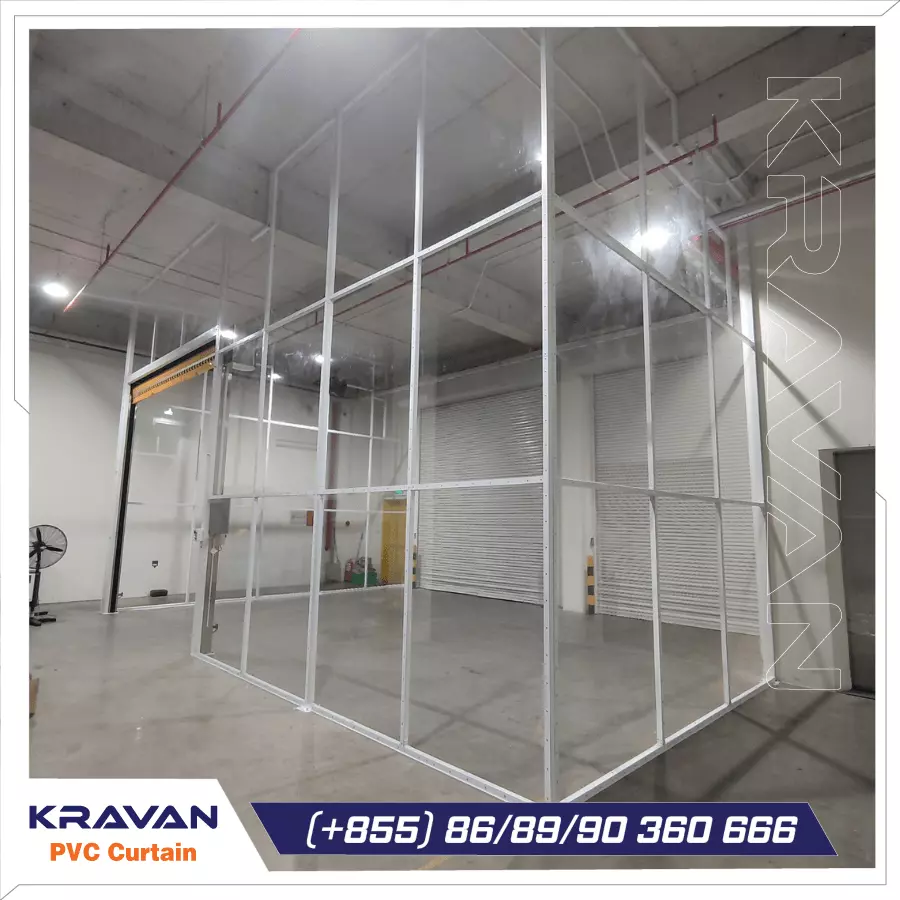
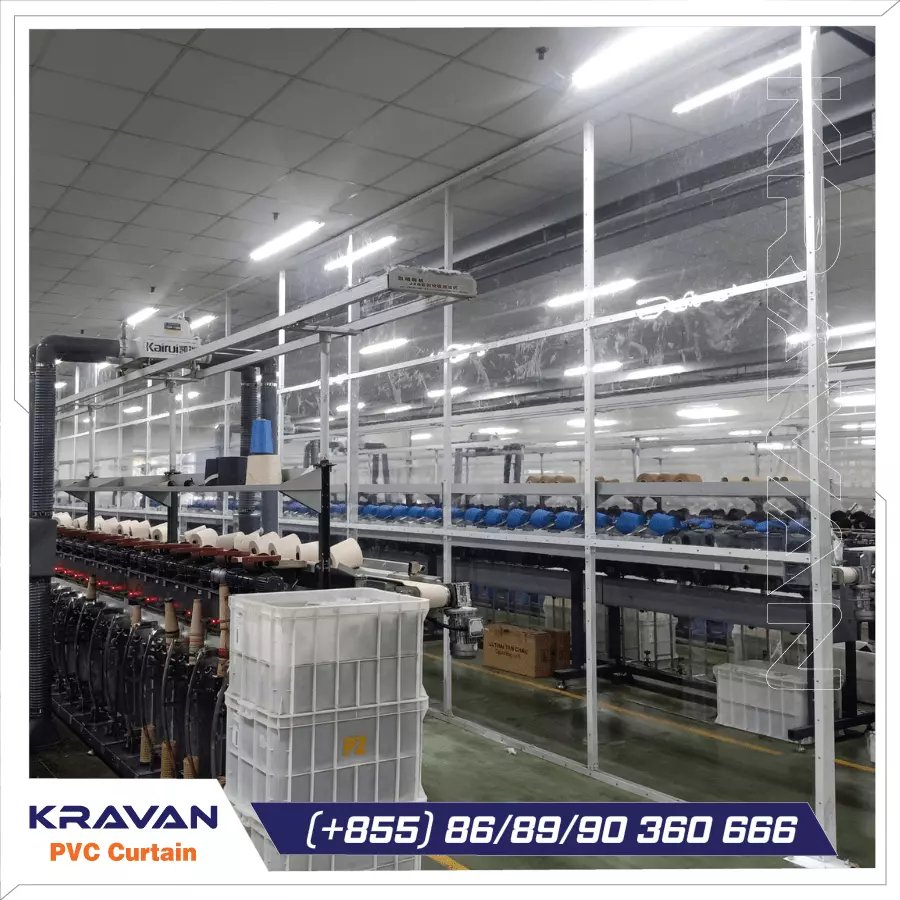
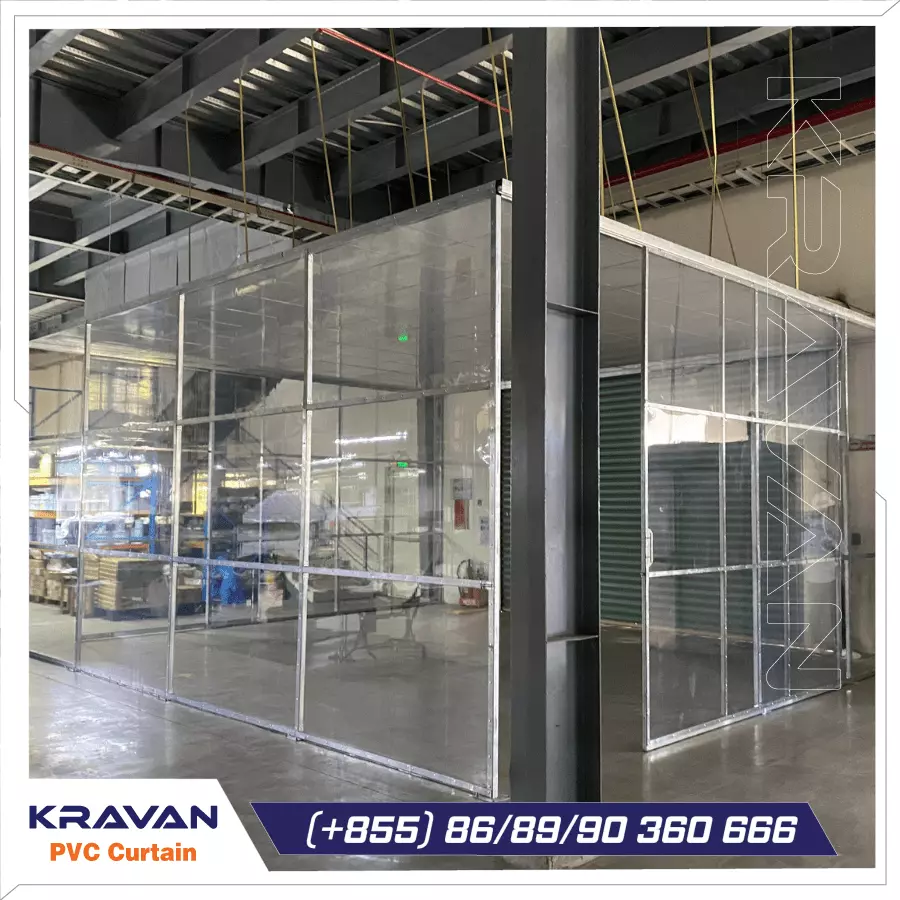
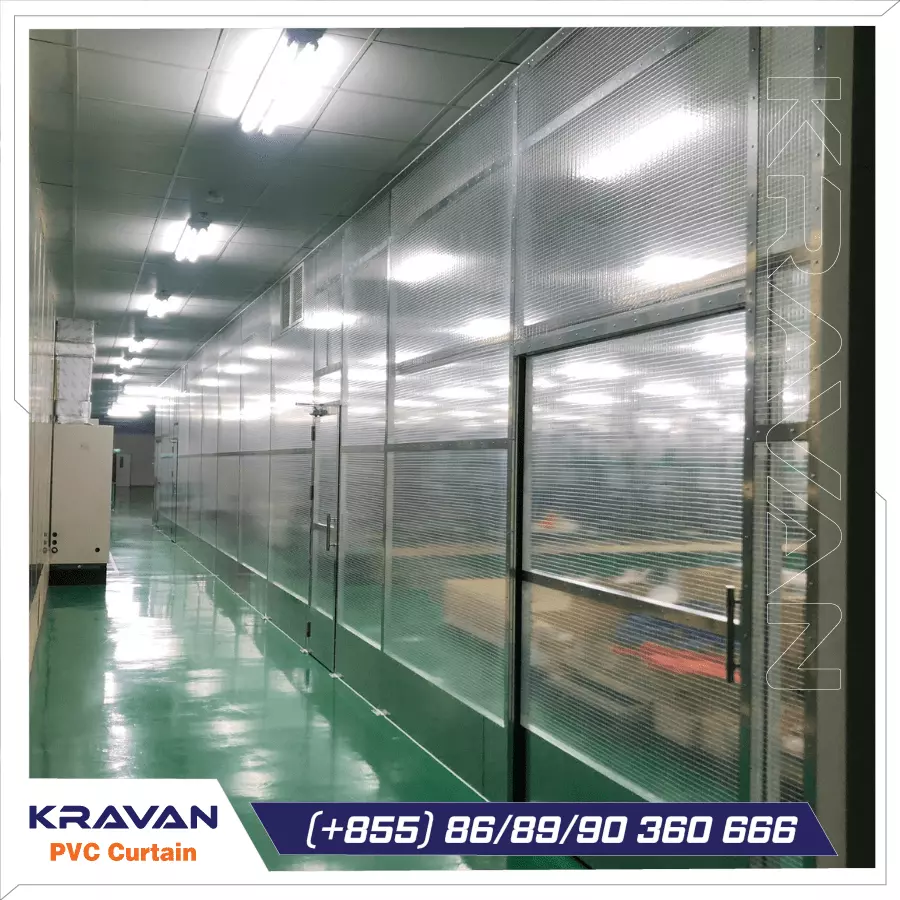
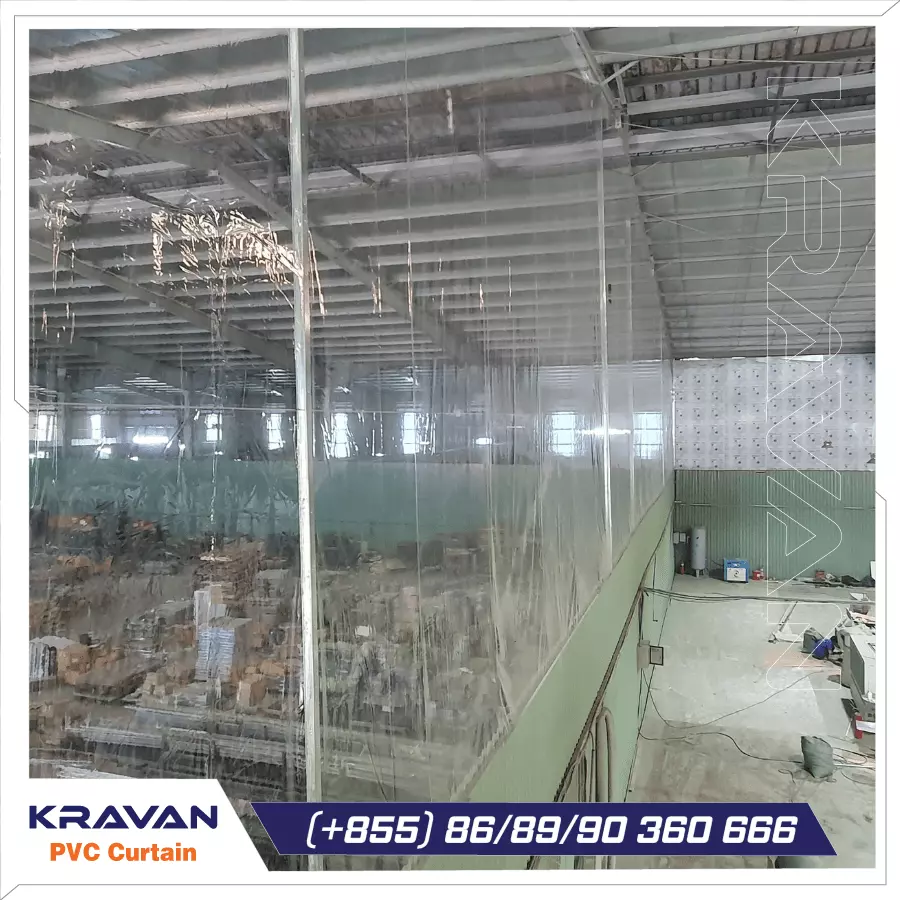
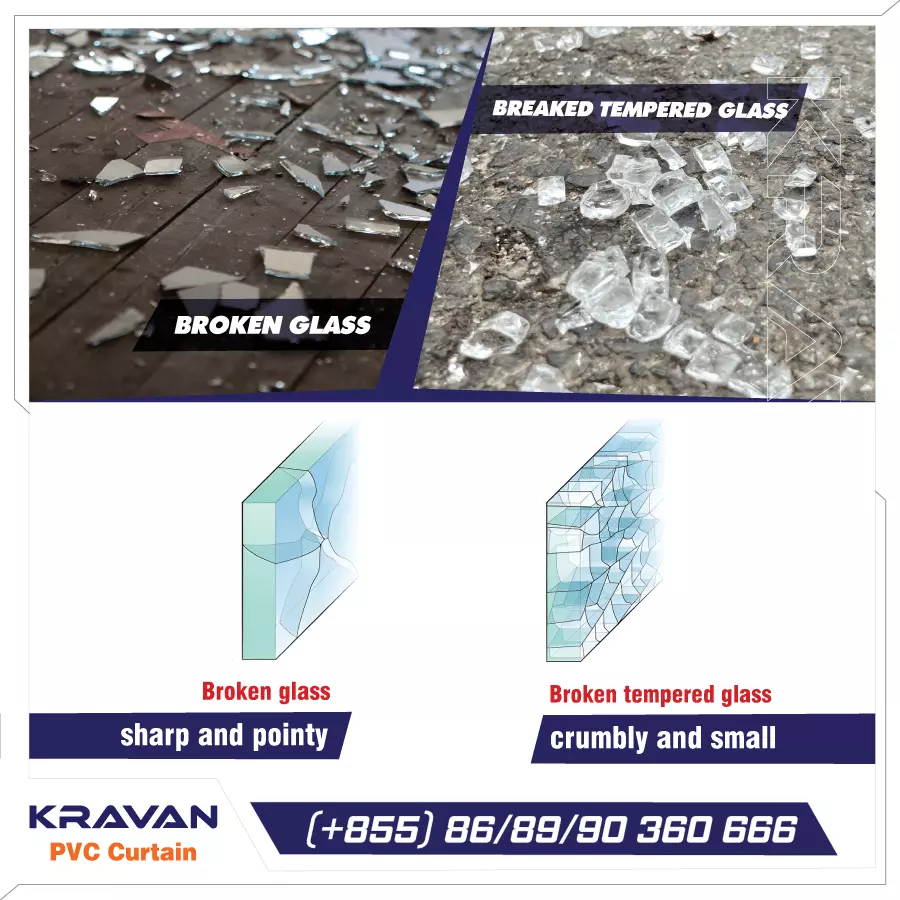
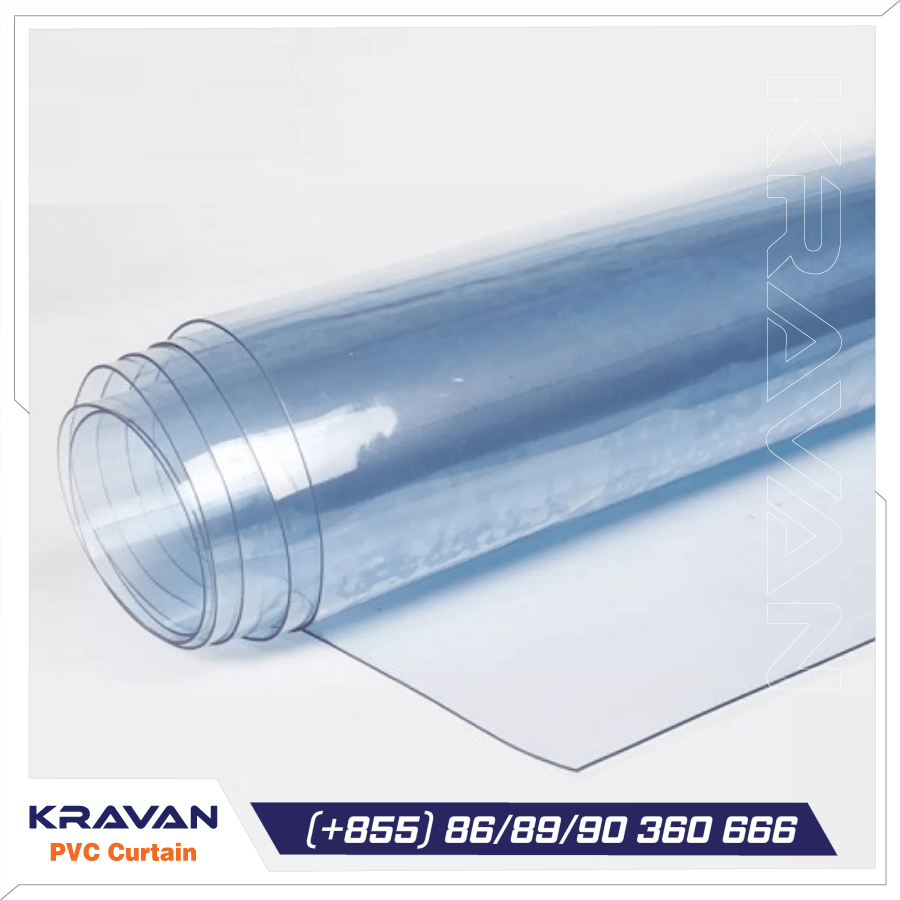
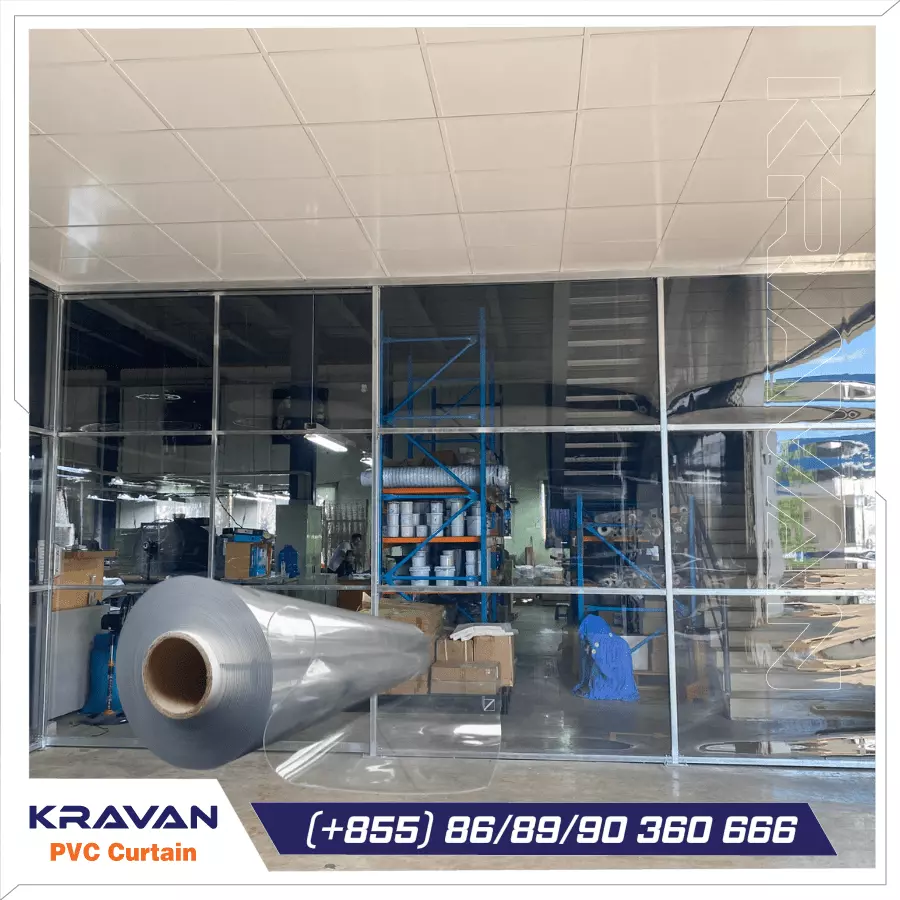
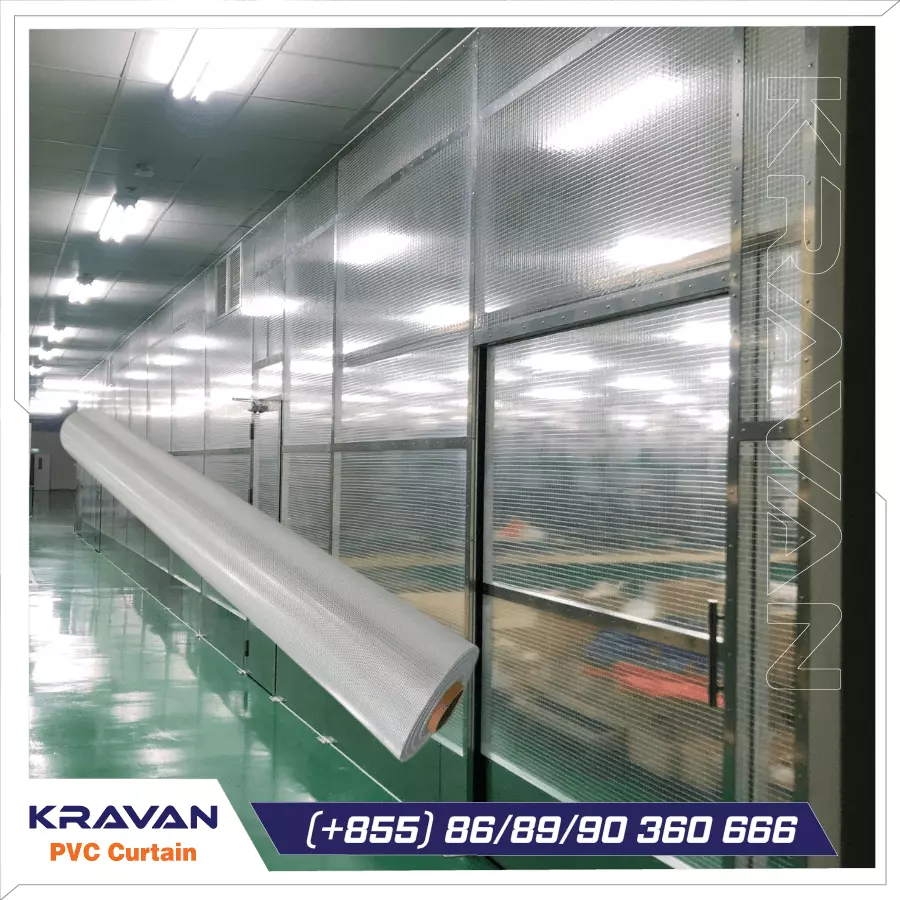
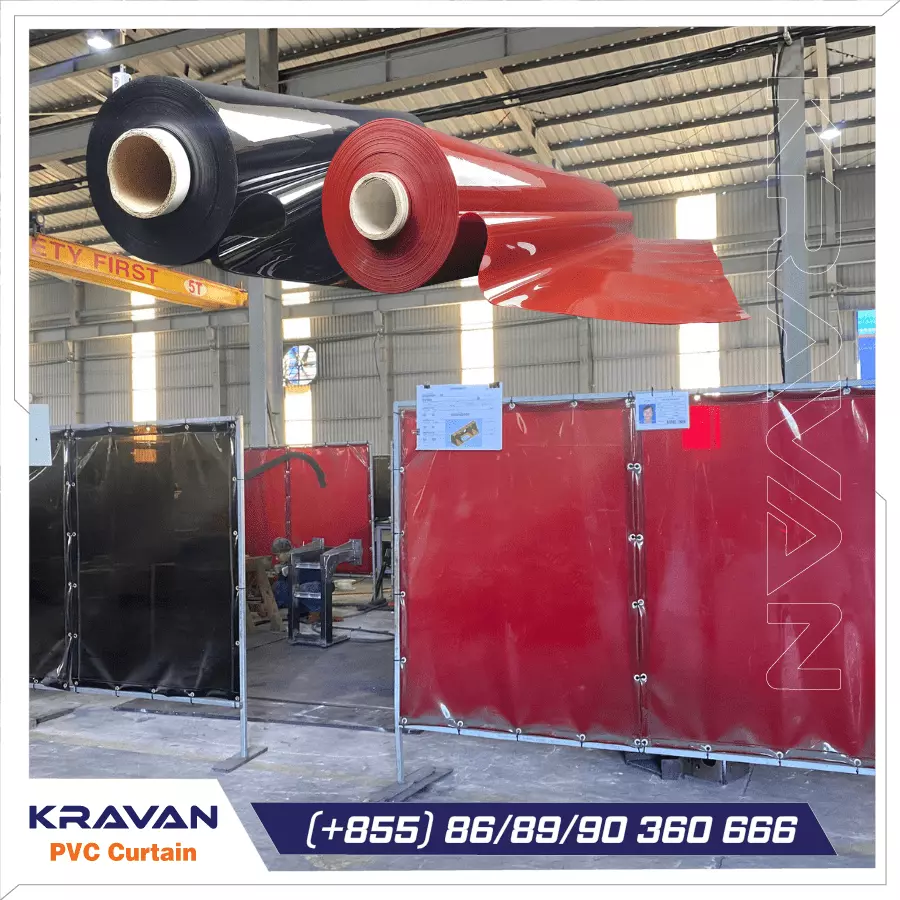
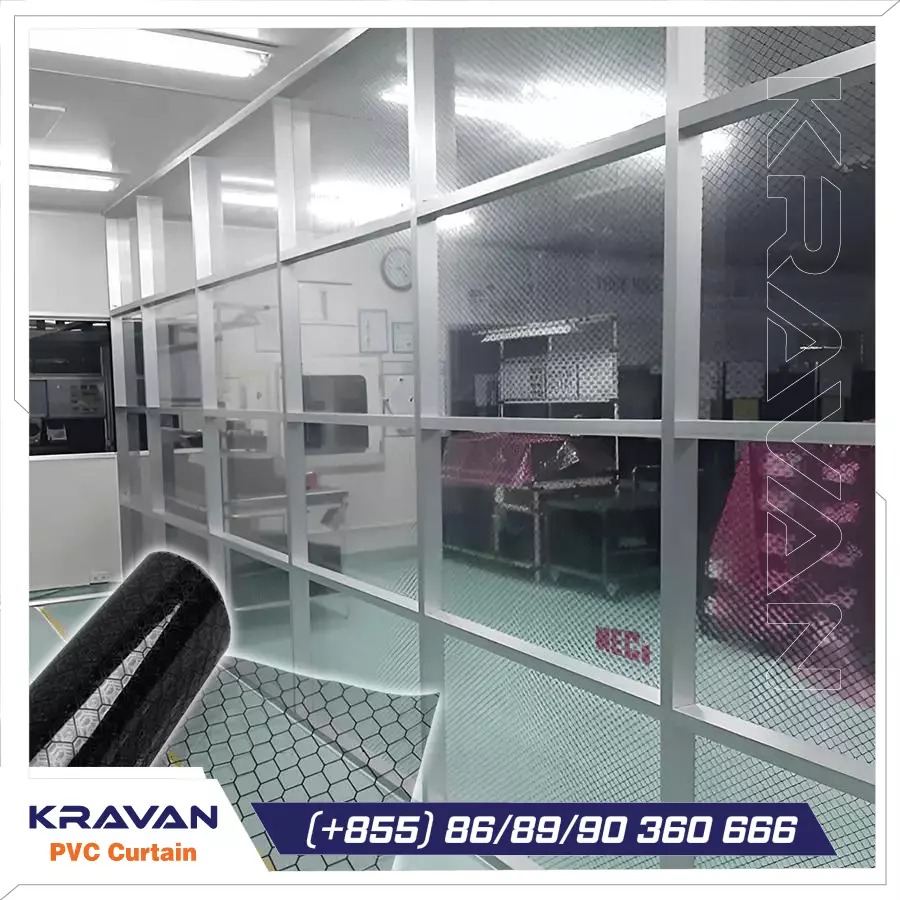
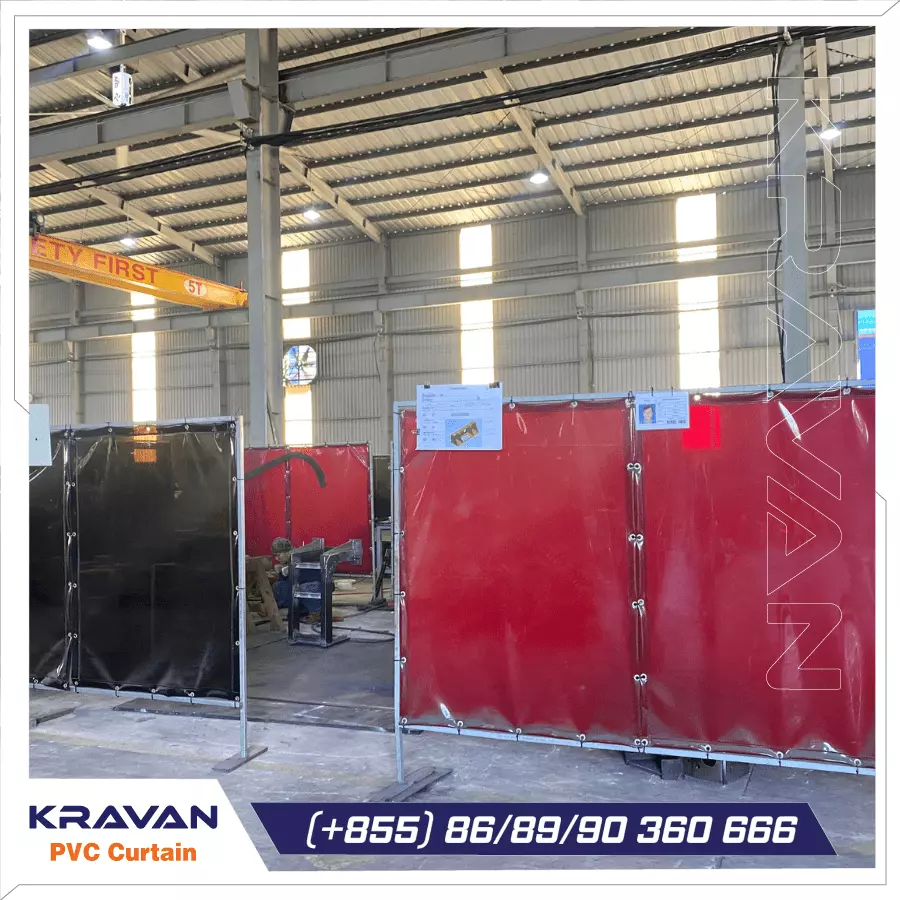
 Imported quality PVC plastic
Imported quality PVC plastic On-site installation survey
On-site installation survey Design drawings as required
Design drawings as required Highly qualified installation technicians
Highly qualified installation technicians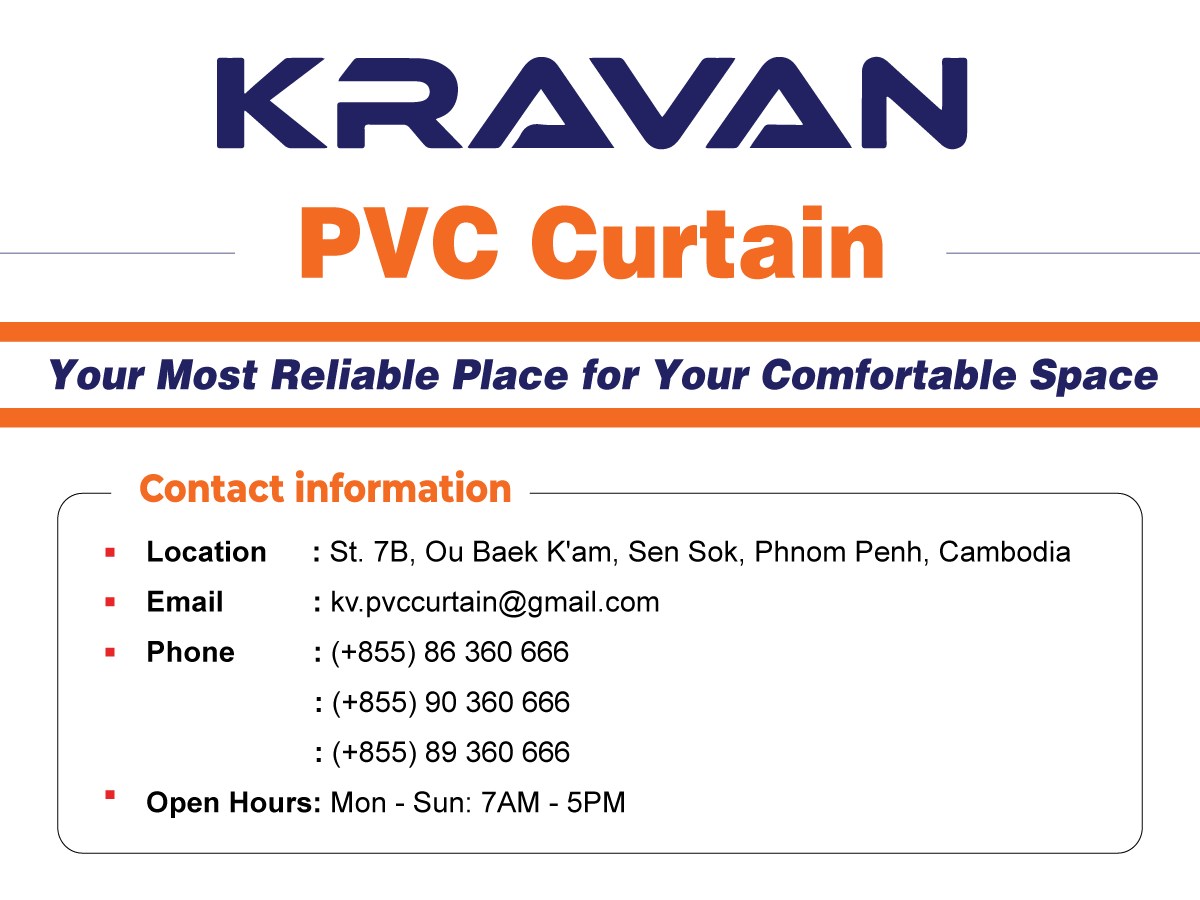
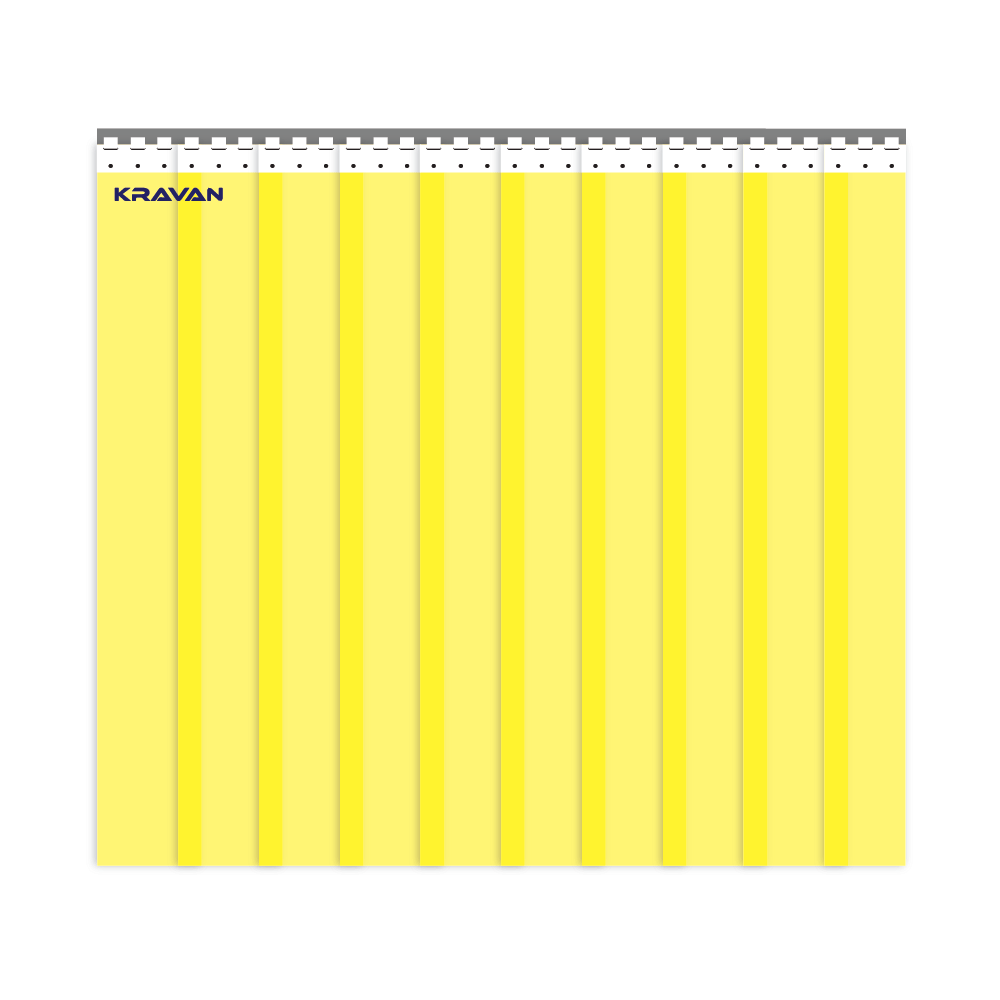

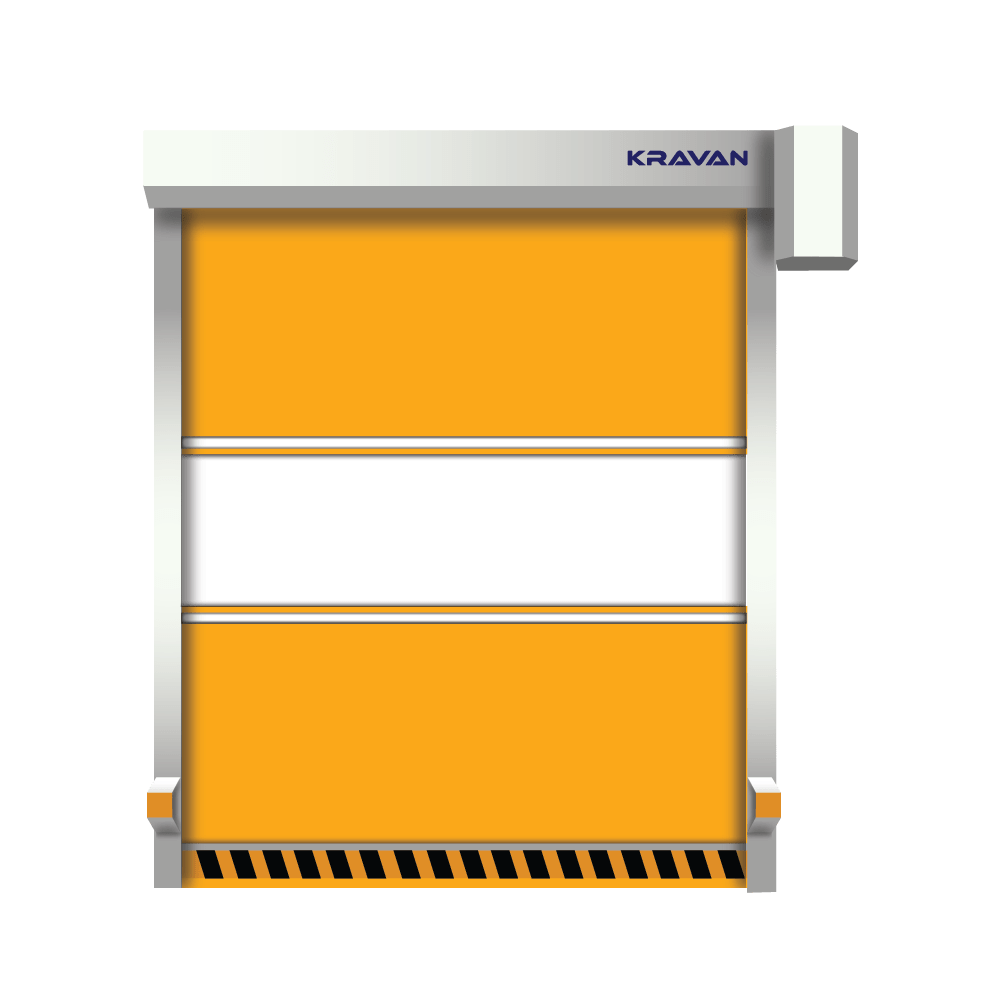
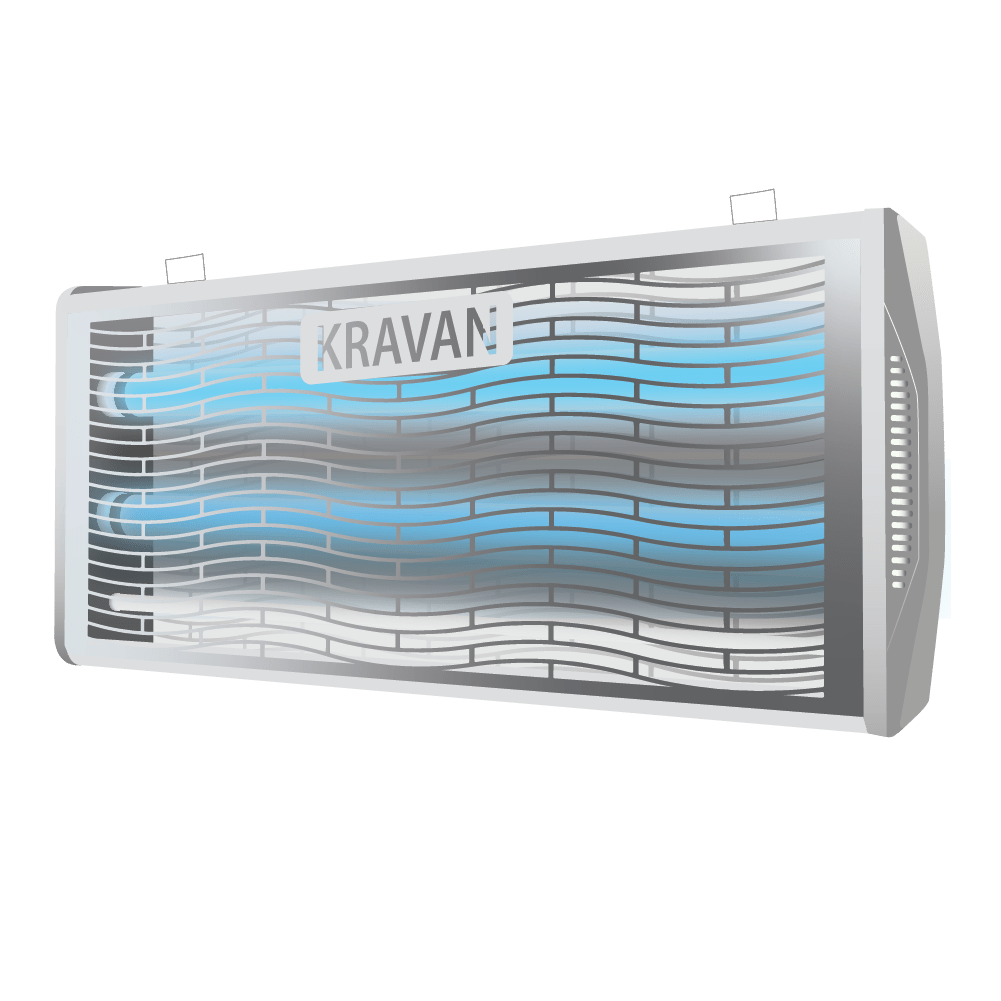
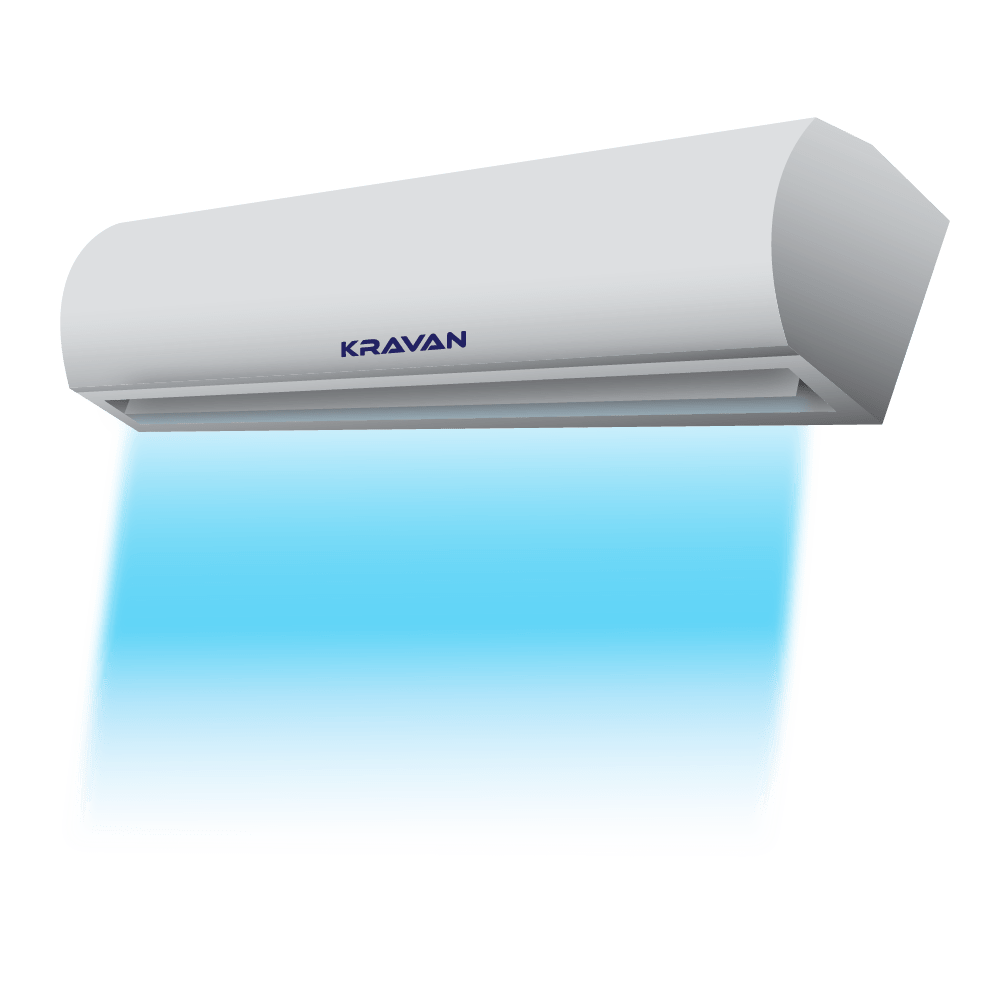
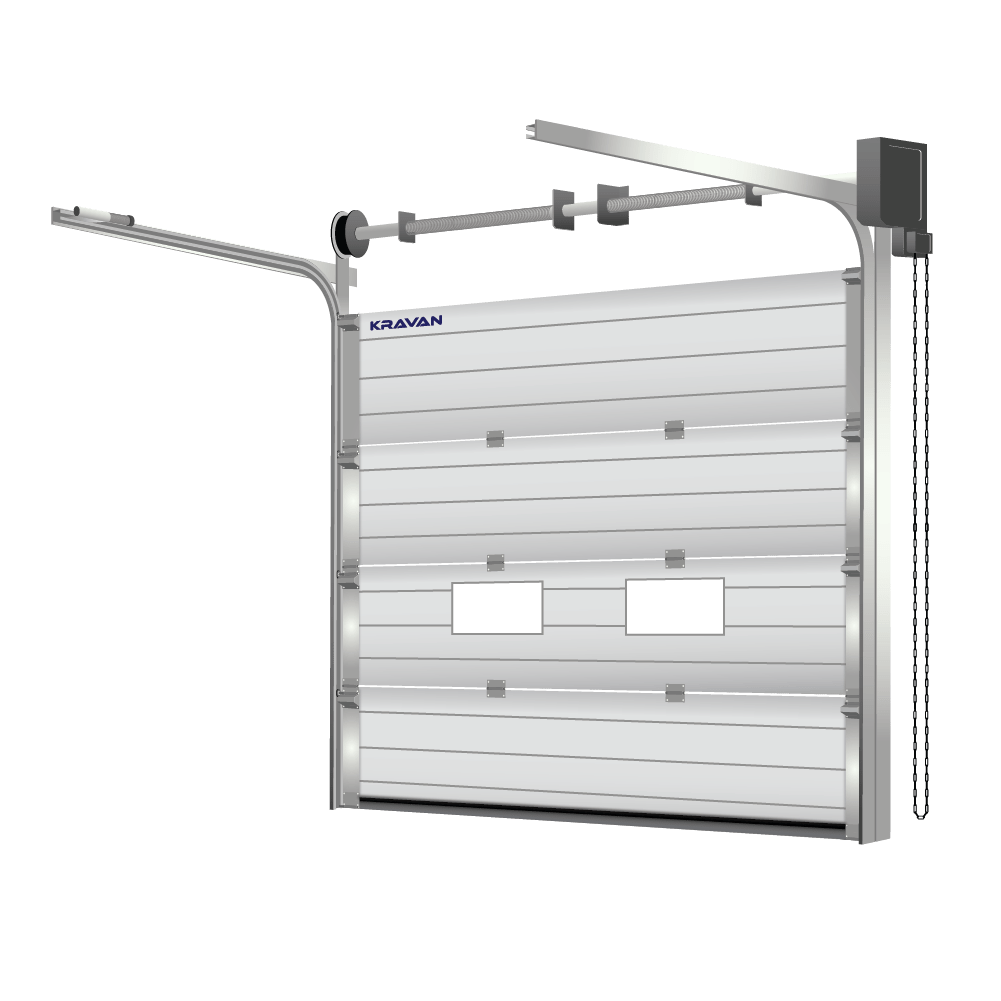
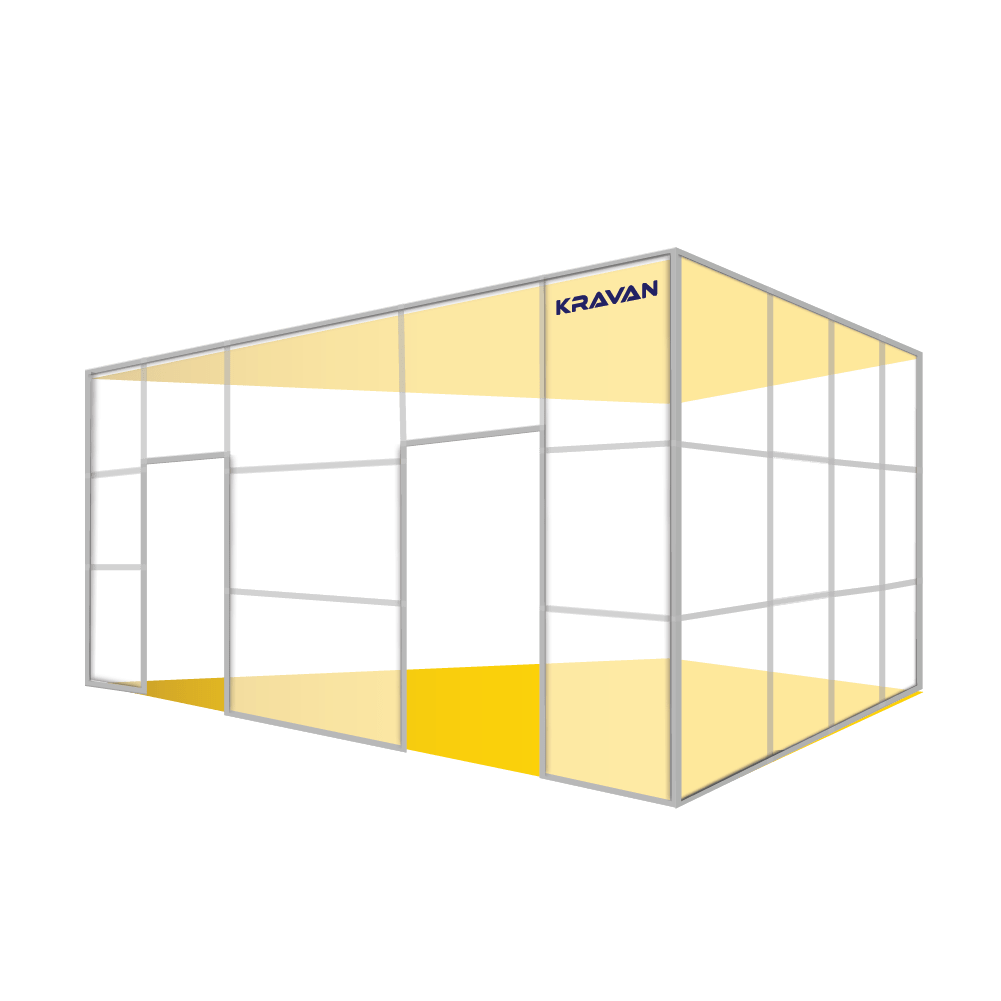
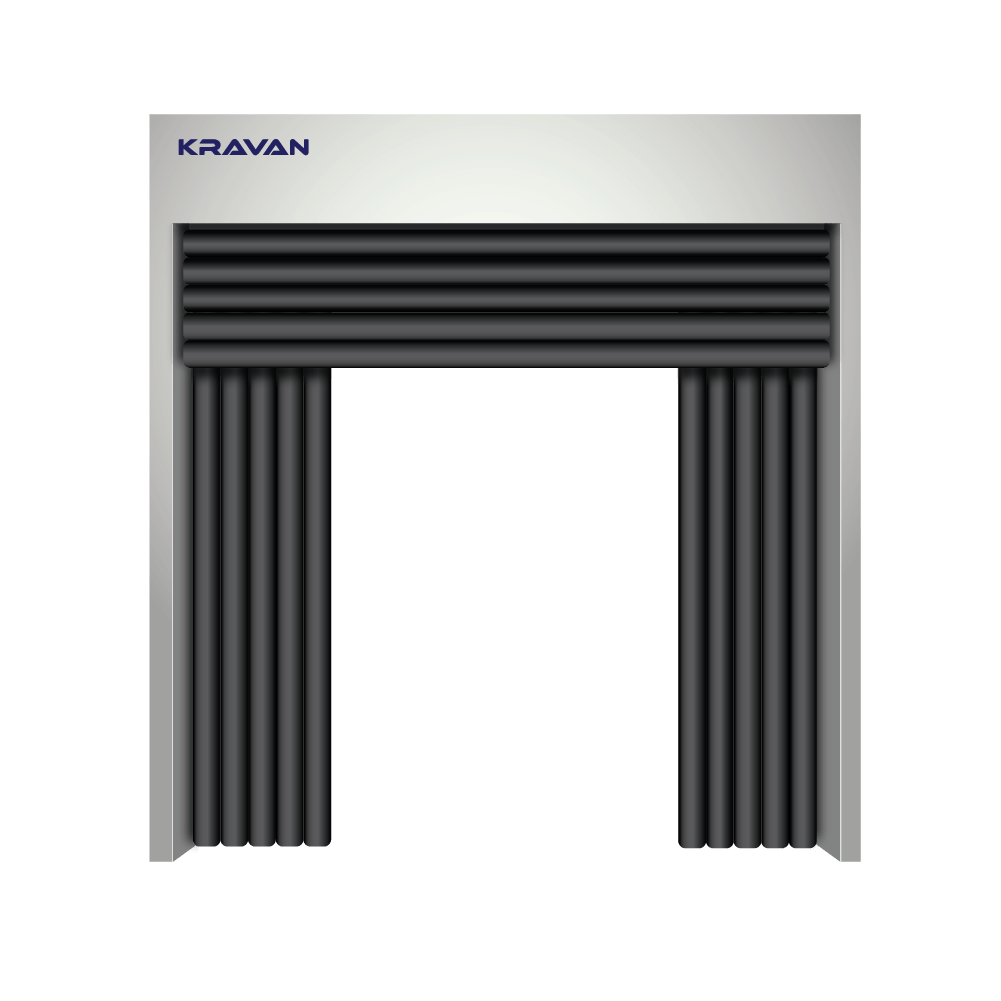
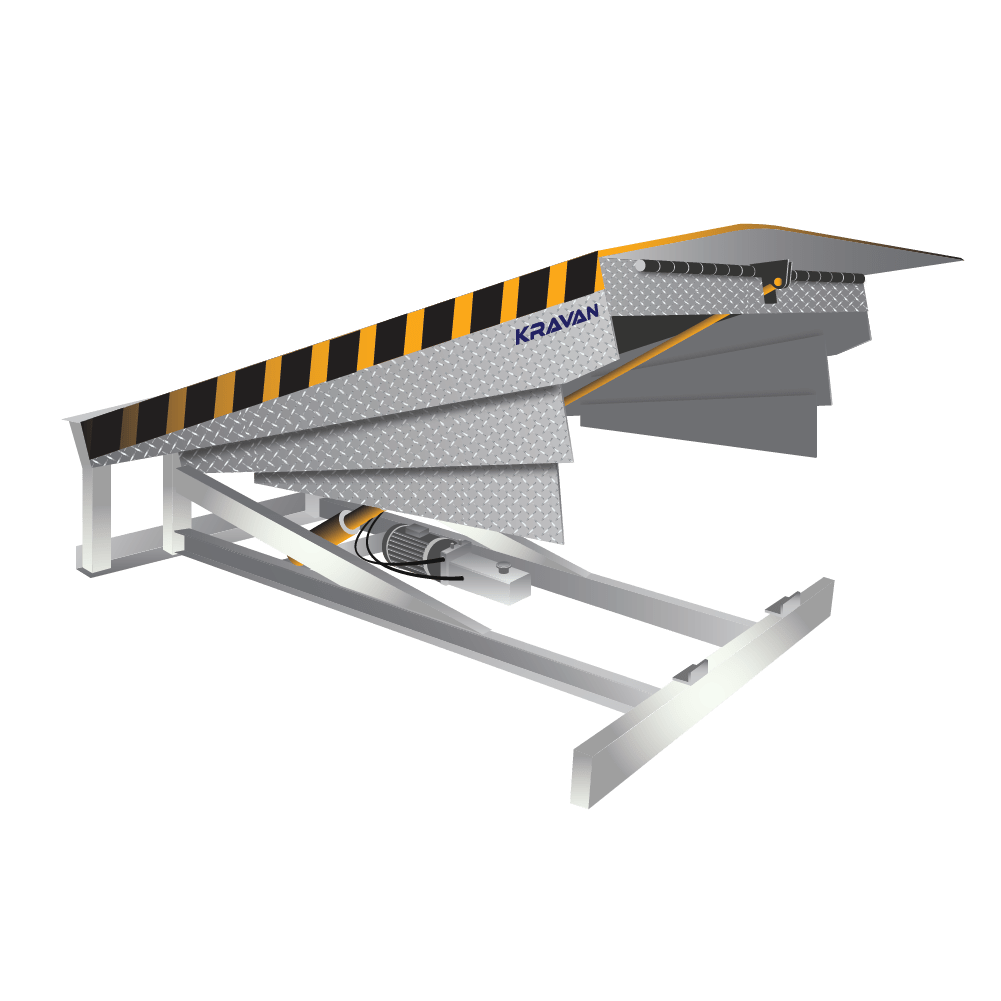



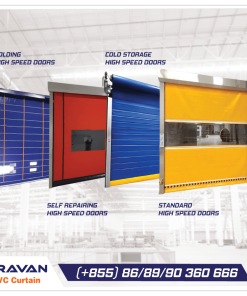
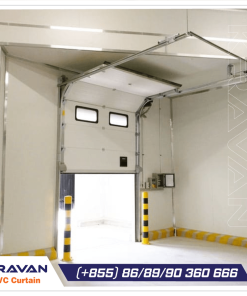
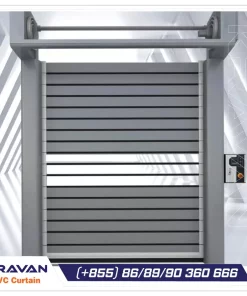
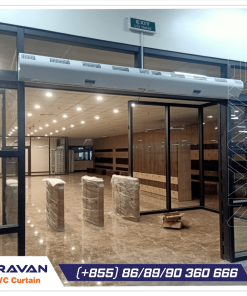
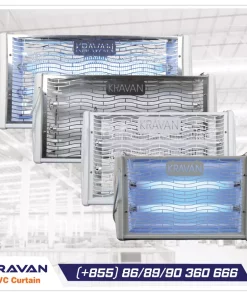
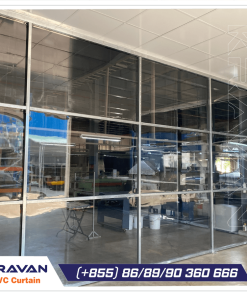
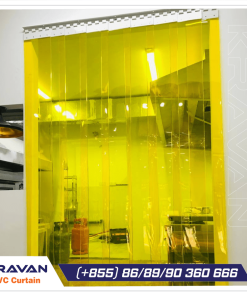
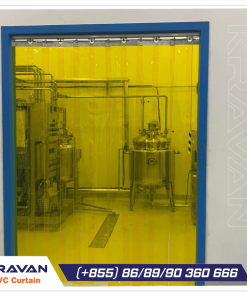


Reviews
There are no reviews yet.